Think of the Reader
6 ways you probably aren't
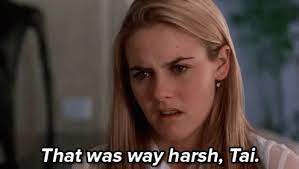
Hey friends,
I’ve been working on something for Poets & Writers Magazine, (tk!) and it’s made me think a lot about the interplay between the writer and the reader. If you’re writing a book, someone, somewhere has told you to ~~ThInk aBOUt tHe REadeR~~ and I’m sure you have. You think about the reader buying your book and coming to your readings and screaming your name at big events and catapulting you to the best seller list, right? Lol.
You might have had some thoughts about the reader in terms of will someone think this book is too long? Or what other books are my ideal reader reading? You may only be thinking about the reader in terms of an agent or an editor, the first readers you’re aiming to impress. But you should, I implore you, think farther down the line to your eventual, actual, regular-person reader and try to imagine how, when, and why they are reading your book. It could bring to light some issues that other readers (i.e. agents and editors) might see as problems in your work.
How is your reader reading your book?
Early and often! you might hope. But think about it. How does your book work in hardcover vs paperback1? Do you have illustrations or charts or whatever that will look good on an e-ink (black and white) ereader? What about an audiobook? Many audiobooks come with a downloadable PDF for charts or pictures or whatever (though I have never actually downloaded said PDFs for the many audiobooks I read). Do you know how to pronounce that alien language you just made up? Think through how your book will function over different reading experiences and ask yourself if you really, really, really needs whatever extra thing that seemed so cool when you were writing2.
How distracted is your reader? How attentive do they need to be to get your book?
Many have blamed the population’s waning attention span on the internet and cell phones (they blamed it on TV, radio, movies with sound, and I don’t know, wax cylinders before that) and I’m sure they are, in part, correct. There are lots and lots of things vying for our attention these days. So when your novel doesn’t really get moving until chapter three or four, you’re asking your reader to battle intense distraction for a long time. We all know how easy it is to say I’m just going to check Twitter real quick and then find ourselves scrolling, our precious reading time zapped away. Remember the last time someone told you a new show didn’t get good until episode three or four? How many times did you make it that far?
That doesn’t mean all books should start the same way—with some bang or shocking reveal or tantalizing tease. But do look at your opening chapters and ask yourself what questions the reader is looking to answer right away. What is drawing them in? What do they want to learn more about? Even gesturing to that can draw a reader in faster, and your amazing prose, fascinating plot, and expert characters will keep them reading the whole way through.
The reader is asking why should I care? from the jump.
Just like you are fighting for the reader’s attention from the very beginning, you’re also battling to win the reader’s interest. I find myself saying so what?? about a lot of books that don’t convince me early on that these characters’ problems are important, notable, interesting, and that someone has something to lose in this story. If someone in a book is trying to get a thing, and they don’t, I’m wondering why I should care. Why didn’t they get it? Should have have gotten it anyway? What happens now that they didn’t get it? Was it their fault or someone else’s? This boils down to the stakes of your story, and most often, the sooner you communicate the stakes, the more invested your reader could be.
Remember that you won’t be there to explain things to the reader.
You cannot be over the reader’s shoulder saying ok, but don’t you see that the red car in this scene links back to the red truck in the opening scene? Or, yeah I know the main character comes off as brusk, but that’s just their charm! Everything your reader knows about your story has to come straight from the page. If they’re not getting it then you most likely haven’t done your job. No, you don’t have to spoon-feed the reader everything, but being obtuse on purpose doesn’t make your book any more artful.
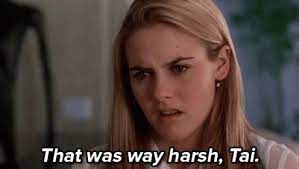
Readers are WAY harsher on characters than we are on real life people.
You can more readily empathize with your friend who ghosted that guy or quit and didn’t give two weeks notice or even cheated on that test in high school. But readers are way more judgmental about characters they meet in books. Why? I don’t really know! Maybe it’s because we know we’re being told a story and are aware that the author is choosing to make a character do a “bad” thing (in the case of fiction). In non-fiction, maybe we are on high alert for the author’s potential bias. Maybe we have more empathy for actual humans and less for people who aren’t real and/or we will never meet. ¯\_(ツ)_/¯ This doesn’t mean your characters can never do anything questionable, bad, or immoral. You just have to know that the reader is going to judge your characters harshly, so their actions either have to be well justified and/or come with proportionate consequences. Otherwise your reader may lose faith in your ability to build believable characters.
If the reader won’t get the title until after they read the book, it’s not a great title.
This one is so hard! To the author, a title is the pretty bow on top of their book. Something stately and evocative, or funny and eye-catching, or wry and smart. But if it’s an inside joke, i.e. from inside the book that only makes sense after you read it, then it’s not doing what a title is supposed to do, at least in part, which is entice the reader to pick up the book in the first place! Remember that a title is a piece of marketing for your book, not a moniker emblazoned on a bronze plaque. (Remember, too, that professionals will help you come up with a great title in the publishing process. It’s ok if you don’t have the absolutely most perfect one ever at the query stage.)
This list is not meant to be a prescription for things your book must have to win a million readers. If that existed, then all books would be the same and it would be easy to get a book deal. You might find that your book goes hard in one area (like asking a big, big question on the first page) and that gives you a little grace in another (like a character your reader judges a harshly to start). I hope this list gets you to start thinking about how a reader will approach your work, both as a book and a story. If you are able to look at your work objectively through this lens, it will be all the better for it, I promise.
XOXOXOXO,
Kate
You don’t really get a choice about whether your book comes out in hardcover or paperback, but there might be some books where this makes a difference. Is the reader supposed to write in your book? Does it need to lay flat? Do readers of this genre prefer a hardcover or a paperback? You’ll figure this out with your publishing team, but it’s a good idea to think about it a little as you’re getting started. If you’re confused, go to the bookstore and pay attention to what books are in which format. ↩
No one wants enhanced ebooks, those mythical things publishers thought people wanted like 15 years ago, until they found it is INCREDIBLY expensive to add video to books. ↩

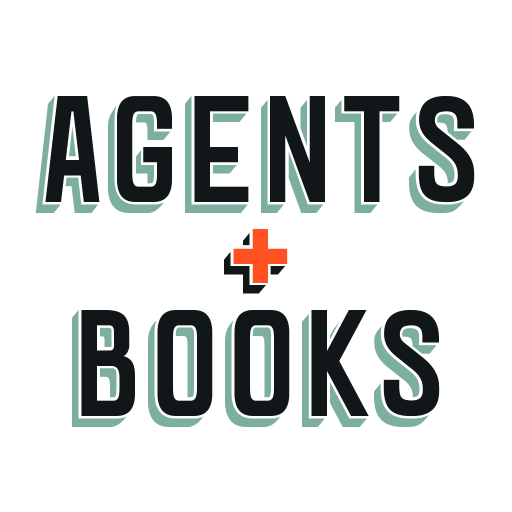
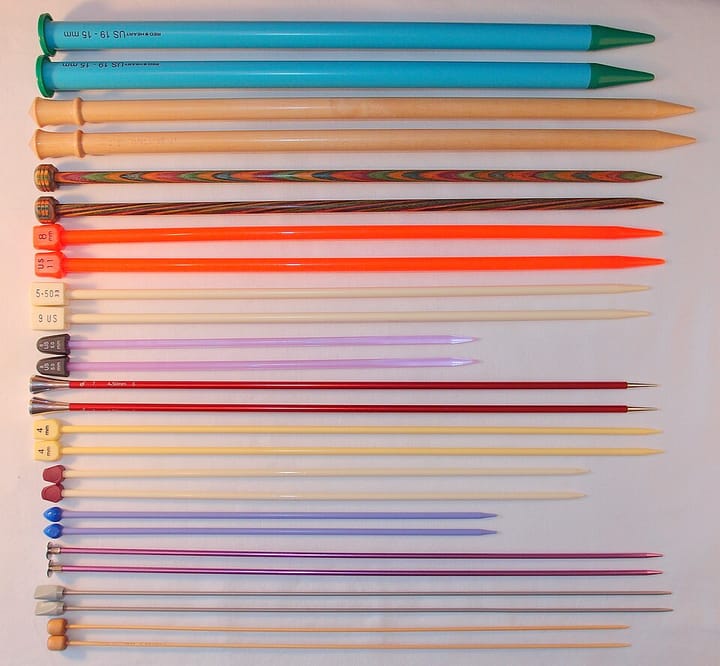
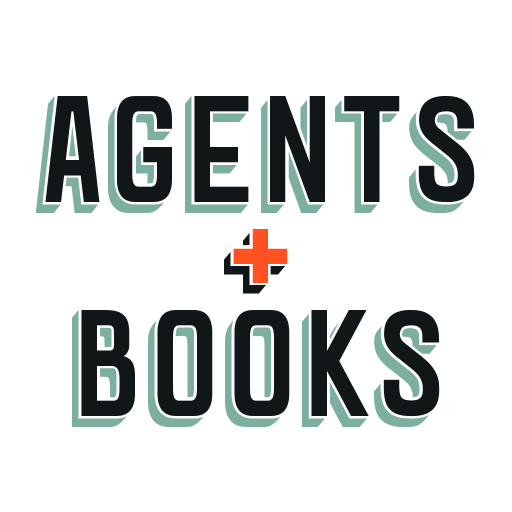
Comments ()